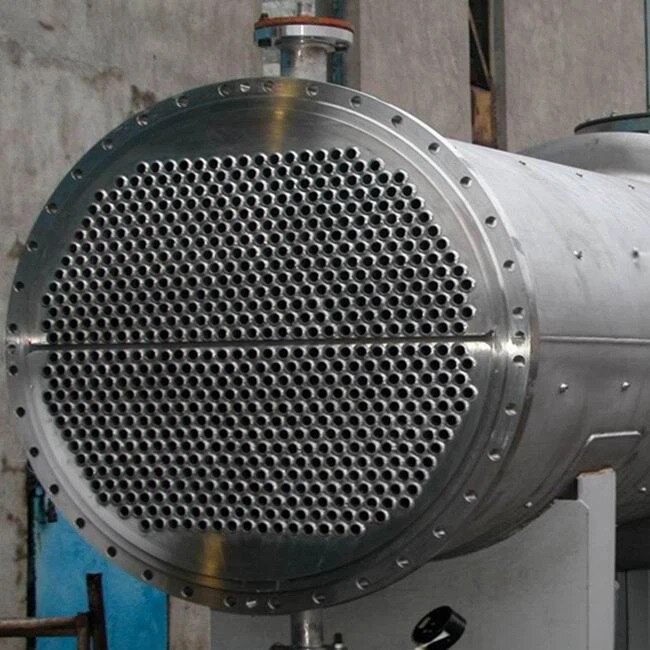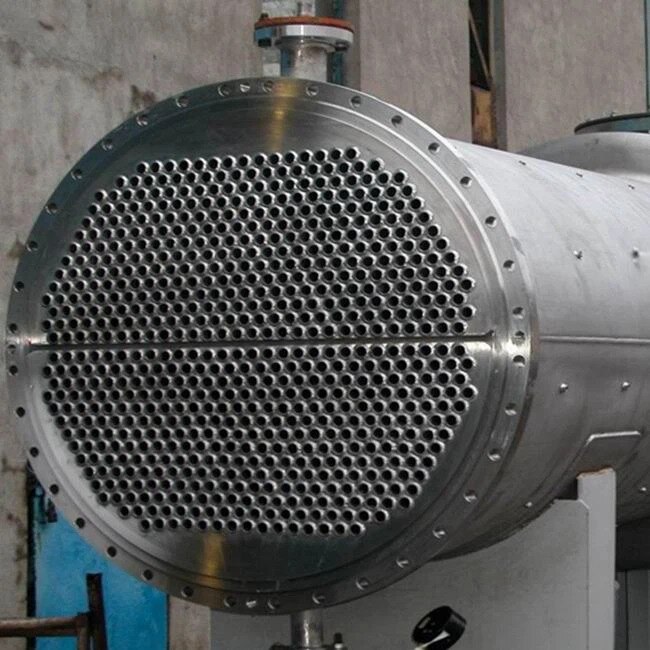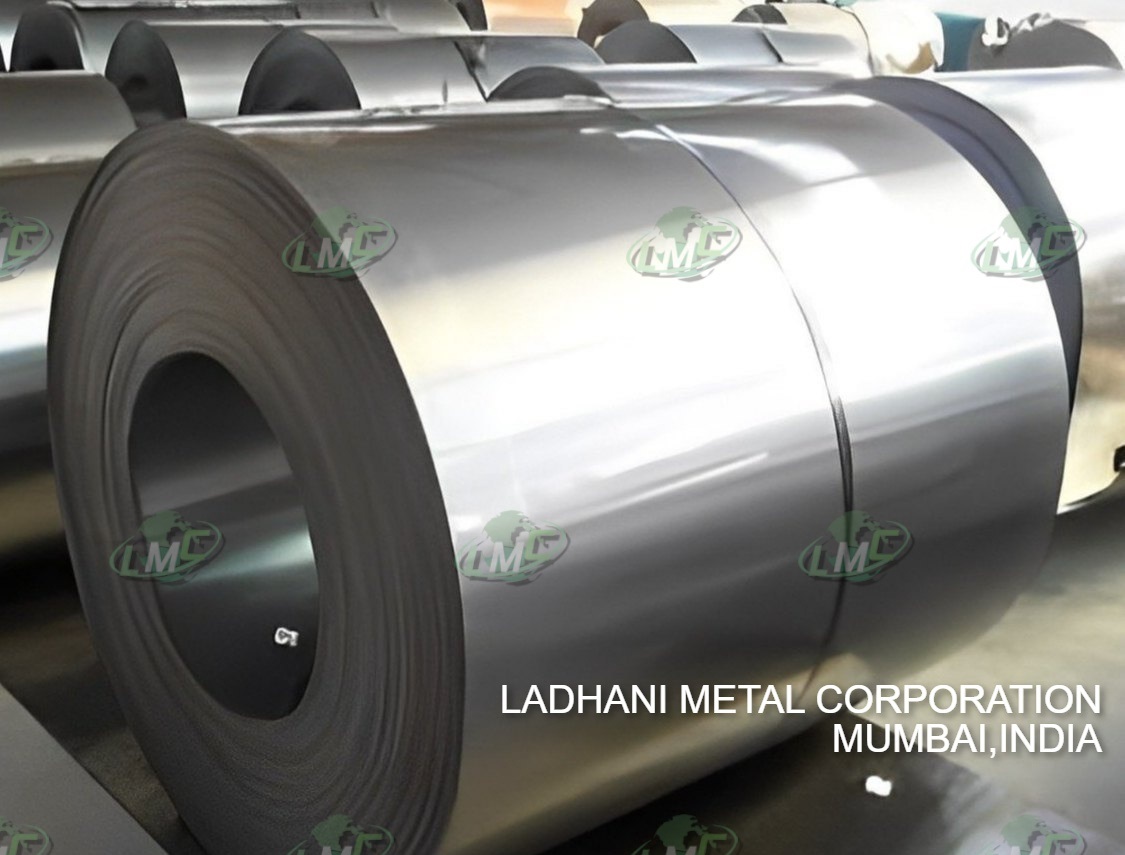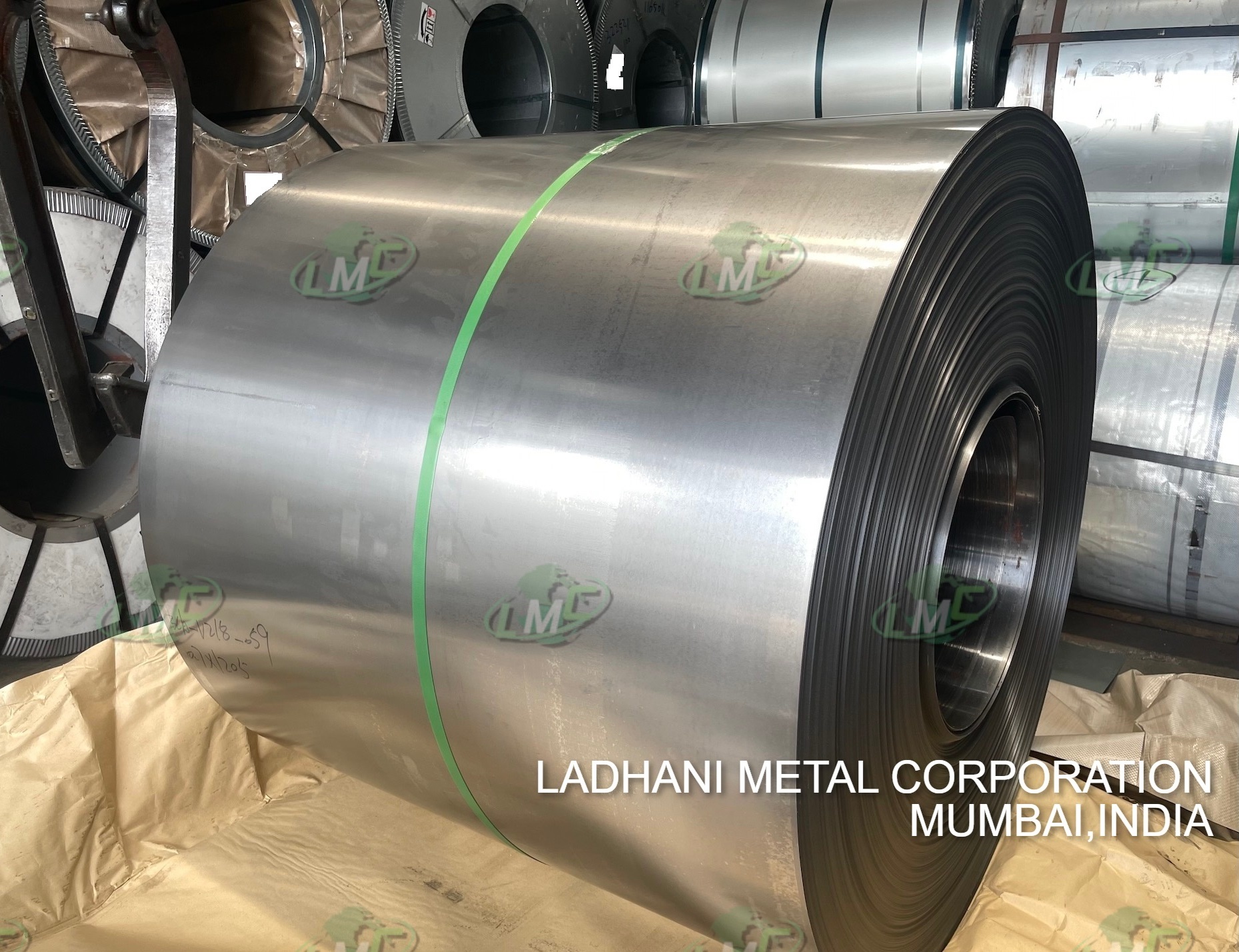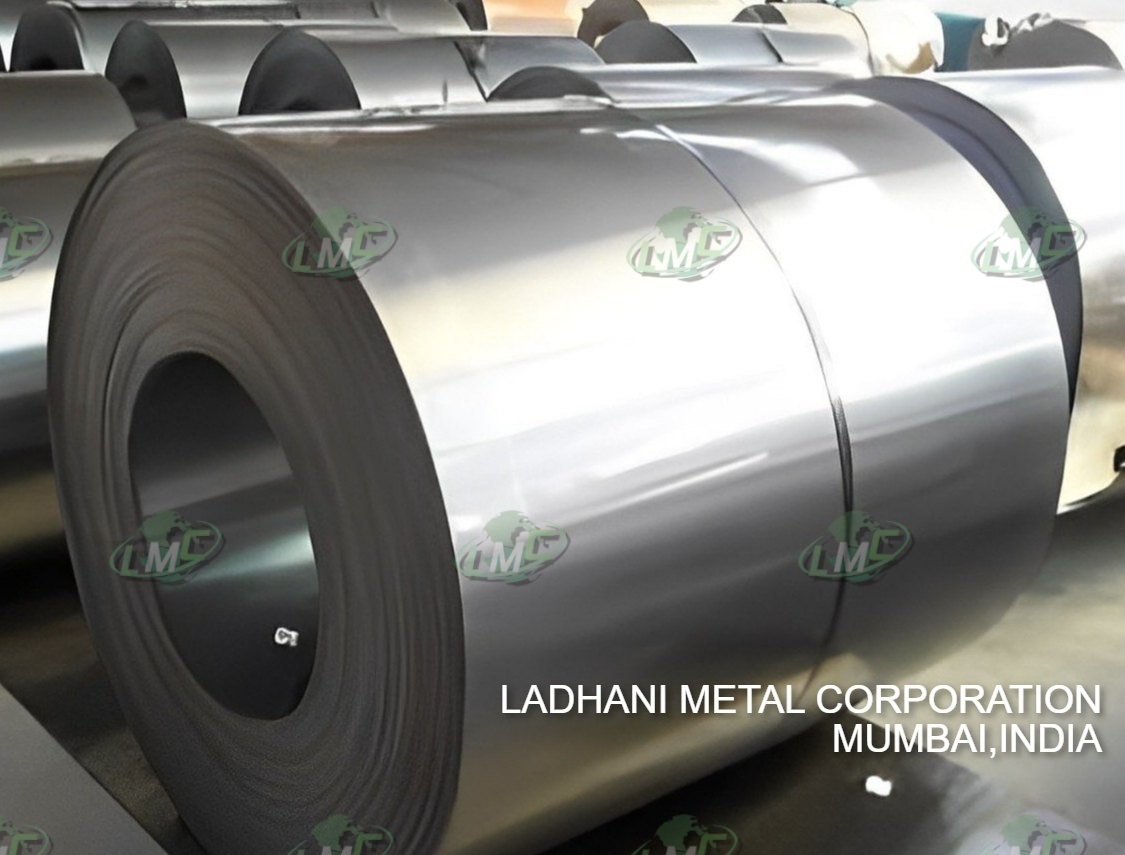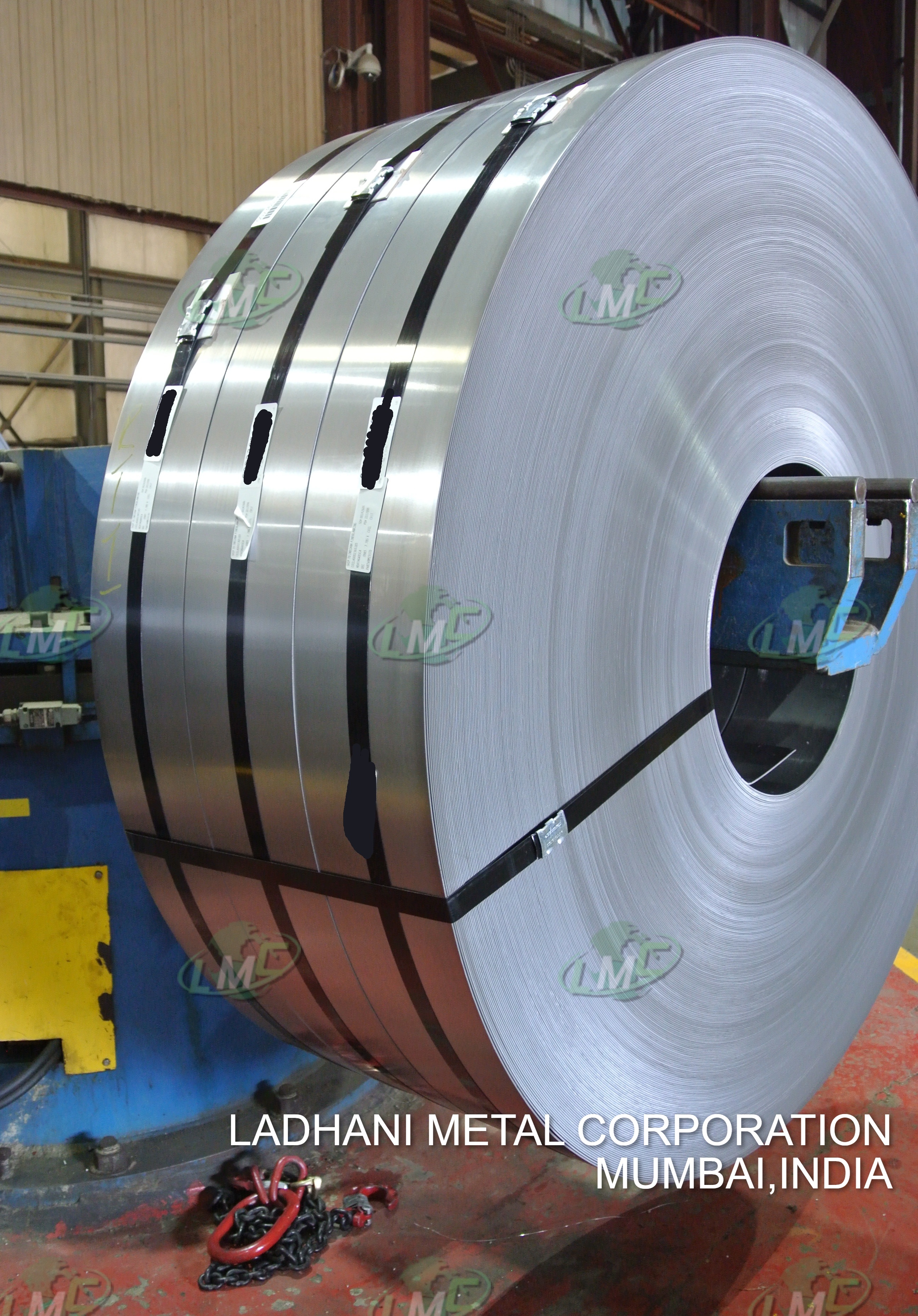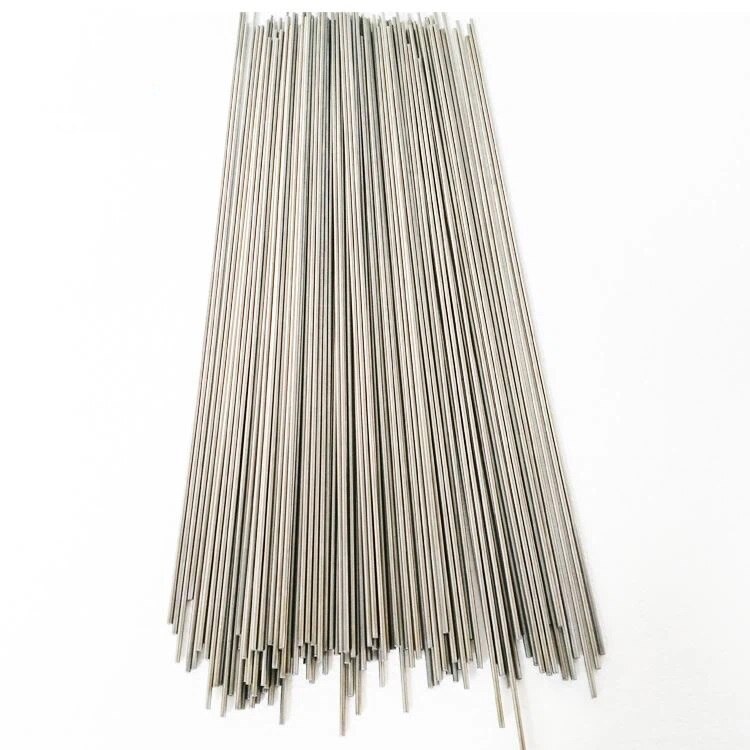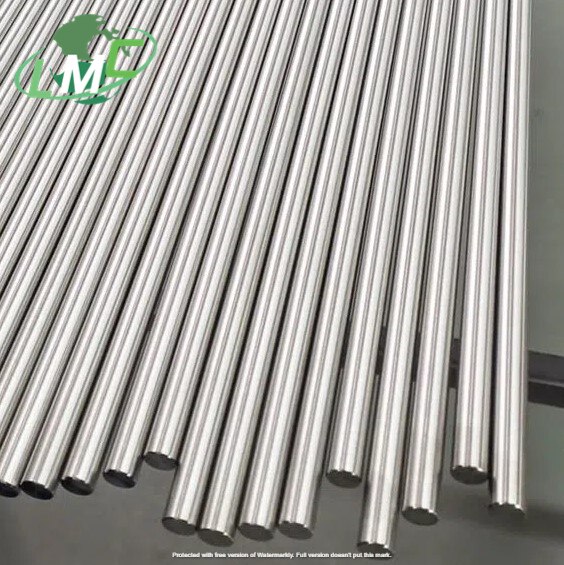Product Name: Gr1 Titanium Shell & Tube Heat Exchangers Material:Titanium Gr1 Structure: Tube heat exchanger Types: Straight tubes, U-tube, kettle, coils etc. Size: Customized Tests: X ray, DP, UT, MT, PMI, helium leak etc. Gr1 Titanium Shell & Tube Heat Exchangers Relying on various excellent properties of industrial pure titanium, titanium heat exchanger is widely used in many industries and fields, such as seafood breeding, seawater heat exchange, brine heat exchange, chemical industry, food, metallurgy, refrigeration, light industry, electroplating industry, aluminum oxidation tank, salt making, papermaking, acoustic wave, electronic communication, central heating and so on. Product Name: Gr1 Titanium Shell & Tube Heat Exchangers Core Components:titanium tube, shell Condition:New Structure:Tube Heat Exchanger Maximum Working Pressure:0.1MPa Voltage:design as your need Weight:light in weight Dimension(L*W*H):customized Titanium tube material:gr1 titanium Tube thickness:0.9mm/1.2mm/2mm Shell material:titanium or titanium clad material Tube type:seamless or welded Titanium density:4.51g/cm3 MOQ:1set Video outgoing-inspection:Provided Machinery Test Report:Provided Marketing Type:Ordinary Product Warranty of core components:1 Year After Warranty Service:Video technical support Applicable Industries:Hotels, Manufacturing Plant, Food & Beverage Factory, Farms, Restaurant, Home Use, Food Shop, Construction works , Energy & Mining, Food & Beverage Shops, other
Send Message
